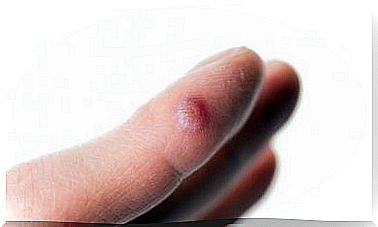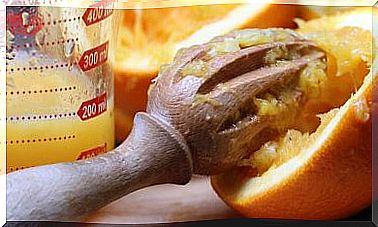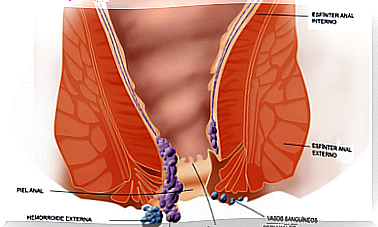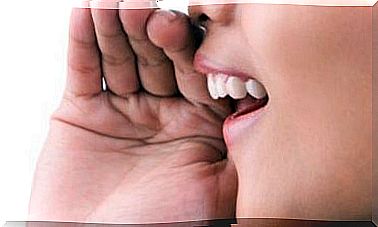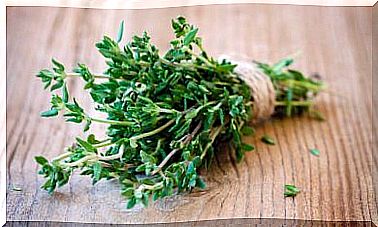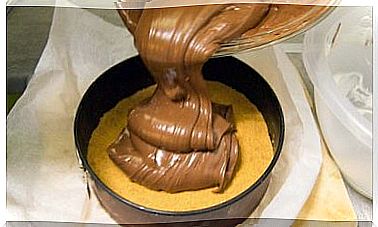Low-carb Diet For Weight Loss: What You Need To Know
The low carbohydrate diet is a food trend based on the reduction of these types of nutrients to give preferences to proteins and fats. This trend has gained relevance in recent years due to the scientific support that accompanies it.
This diet will, in many cases, reduce body fat and weight. However, what makes it more interesting for us is the effect on our metabolism. In this article we will tell you what this feeding model consists of and we will give you some guidelines to follow it.
An article published in The New England Journal of Medicine indicates that a low-carbohydrate diet causes weight loss and improves health markers. Also, almost everyone knows someone who has tried it successfully. Let’s see in detail how it is done and who should avoid it.
What is a low carb diet?
A low-carbohydrate diet involves a higher ratio of fat and protein. It is also called the ketogenic diet.
For decades we have been told that fat is bad for your health. Meanwhile, low-fat, often sugar-laden “diet” products have flooded supermarket shelves. This was a serious mistake, which coincided with the onset of the obesity crisis.
How does the ketogenic diet work?
By avoiding sugar and starches, blood glucose stabilizes and insulin levels drop. This increases fat burning and helps you feel full, reducing food intake and causing weight loss.
Recommendations to follow this diet
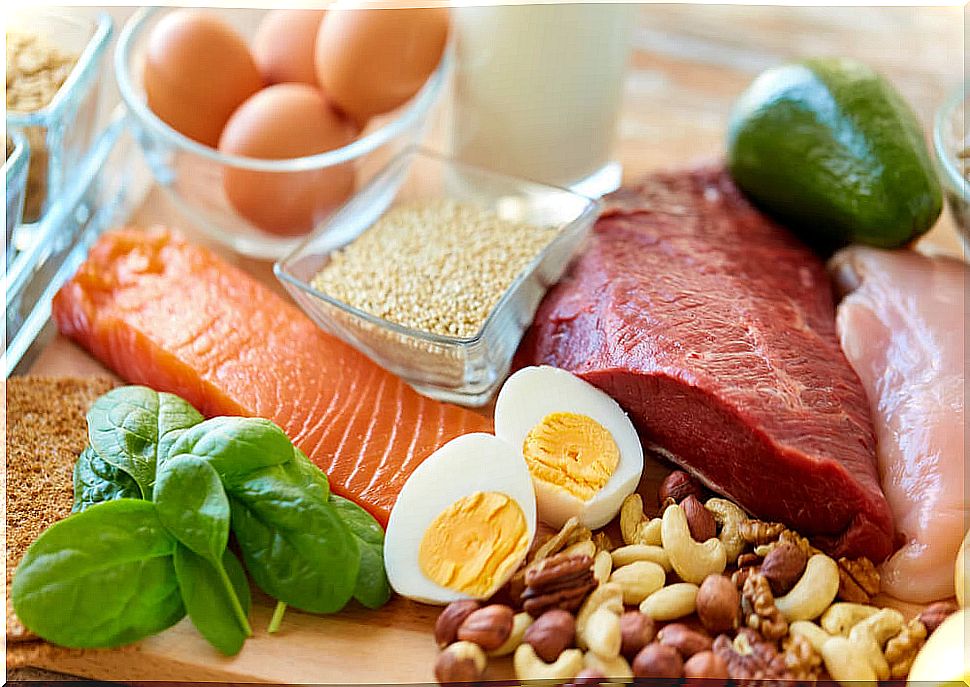
1. Don’t go hungry
One of the great advantages of a low-carbohydrate diet is that it regulates the glucose level, greatly spacing the feeling of hunger. Protein foods induce a higher level of satiety than those rich in sugars, according to a study published in 2015.
Eat when you are hungry, and eat well, until you can say, “I am satiated and comfortable.” If at some point you have finished eating and you are a little hungry, eat a handful of nuts or a piece of avocado and you will see that you will not be hungry or small cravings in the middle of the morning.
2. Don’t sleep with the enemy
At home, avoid all types of forbidden carbohydrates and buy only what is necessary to follow a low-carbohydrate diet. In addition, you can color your fridge and pantry with fresh fruits, vegetables of all kinds and unprocessed meats.
3. Refresh and hydrate yourself well
Water is essential for our body and keeping the body hydrated has endless benefits. Additionally, you can choose to spice it up a bit with fruit, berry, or herb peels.
4. Eat eggs
During the diet you will think that there are not many things for breakfast but, it is the opposite! You can find many ways to eat eggs: poached, cooked, fried, scrambled with bacon, scrambled with vegetables, or as a French omelette.
Also, if you get hungry in the middle of the morning and you can’t stand it (which will happen at the beginning), you can have a boiled egg on hand, which is easy to transport and satiating.
On the other hand, it is necessary to emphasize that the consumption of eggs does not affect cholesterol levels, as stated in a study published in the journal Nutrients.
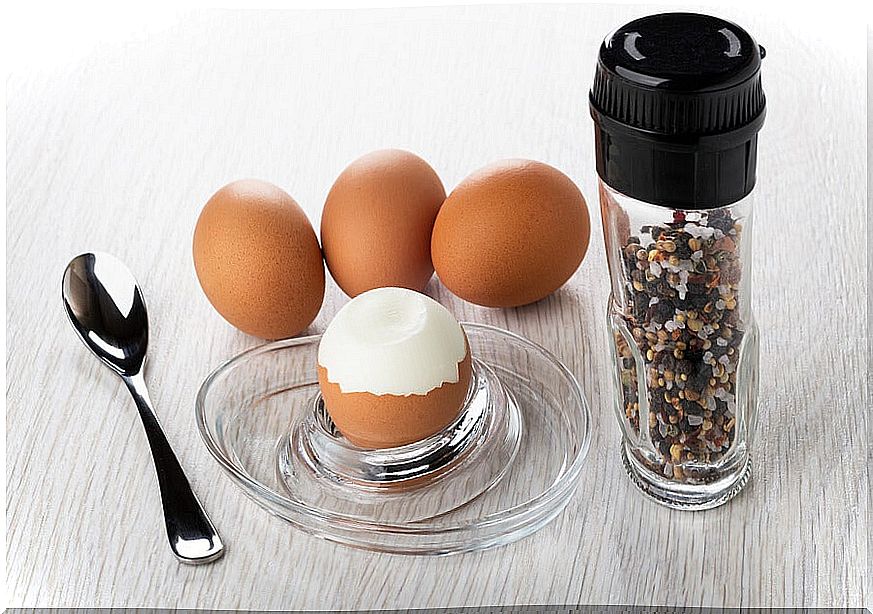
5. Don’t be afraid of fat
Human beings have consumed fat throughout their history, for hundreds of thousands of years, because it is essential for survival and is the macronutrient that contains the most energy per gram.
What to eat on a low carb diet?
In this diet it is important to know what your allies are to be able to consume fats and proteins from healthy sources that help you not only reduce body fat, but also avoid starving or reducing energy levels.
Recommended of animal origin
All of them better if they have been raised free-range and grass-fed, to avoid added chemicals such as preservatives.
- Duck.
- Turkey.
- Chicken.
- Pig.
- Rabbit.
- Eggs.
- Cordero.
- Blue Fish.
- Cow or veal.
- White fish.
Recommended of plant origin
- Olive oil.
- Seeds (pumpkin, flax and sesame).
- Fruits with a high percentage of fat (coconut).
- Nuts (walnuts, almonds, hazelnuts, pecans, walnuts, etc.).
- Low glycemic index fruits (blueberries, raspberries).
- Vegetables of all colors (always include spinach, broccoli, and cauliflower).
Recommended drinks
- Tea.
- Water.
- Coffee.

Who shouldn’t go on a strict low-carb diet?
Most people can safely and immediately start any type of low-carbohydrate diet. However, in the following three cases you may need an additional adaptation and consult your doctor:
- If you use diabetes medication.
- You take medication for high blood pressure.
- You are breastfeeding or pregnant.
Talk to your doctor or other healthcare professional regarding your desire to start a low-carb diet. Discuss your medical history and the risks and benefits of this diet for you.
